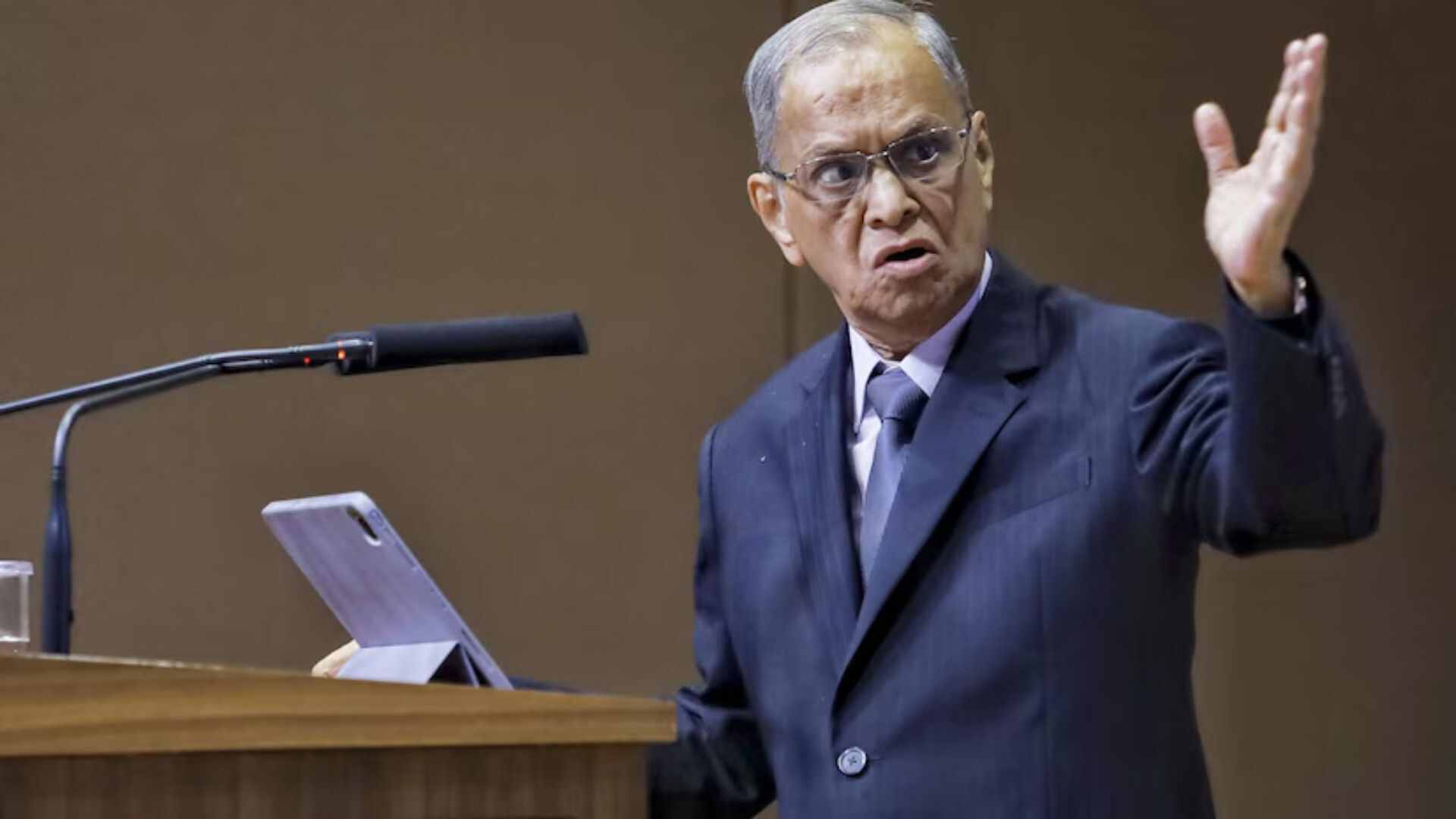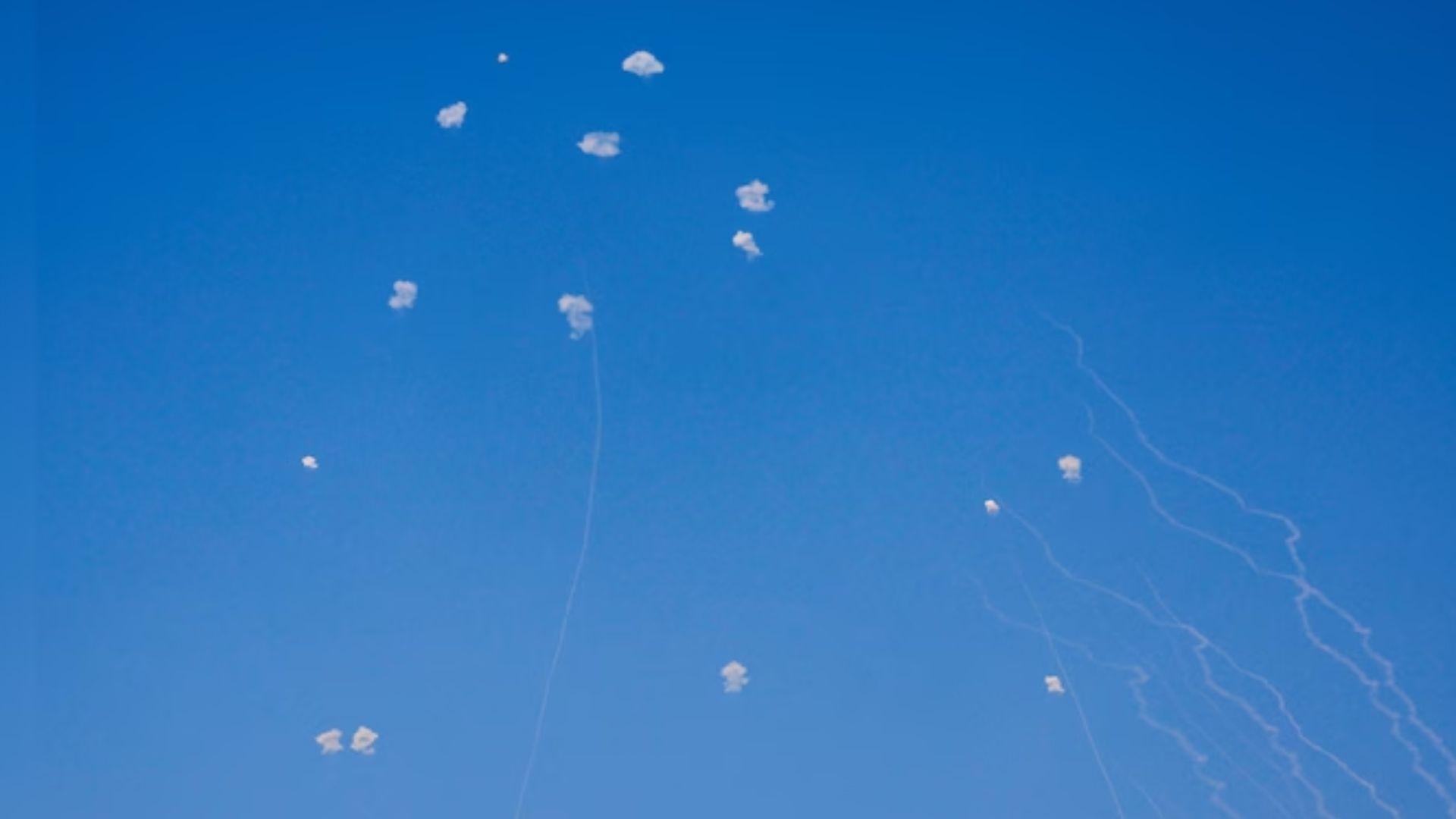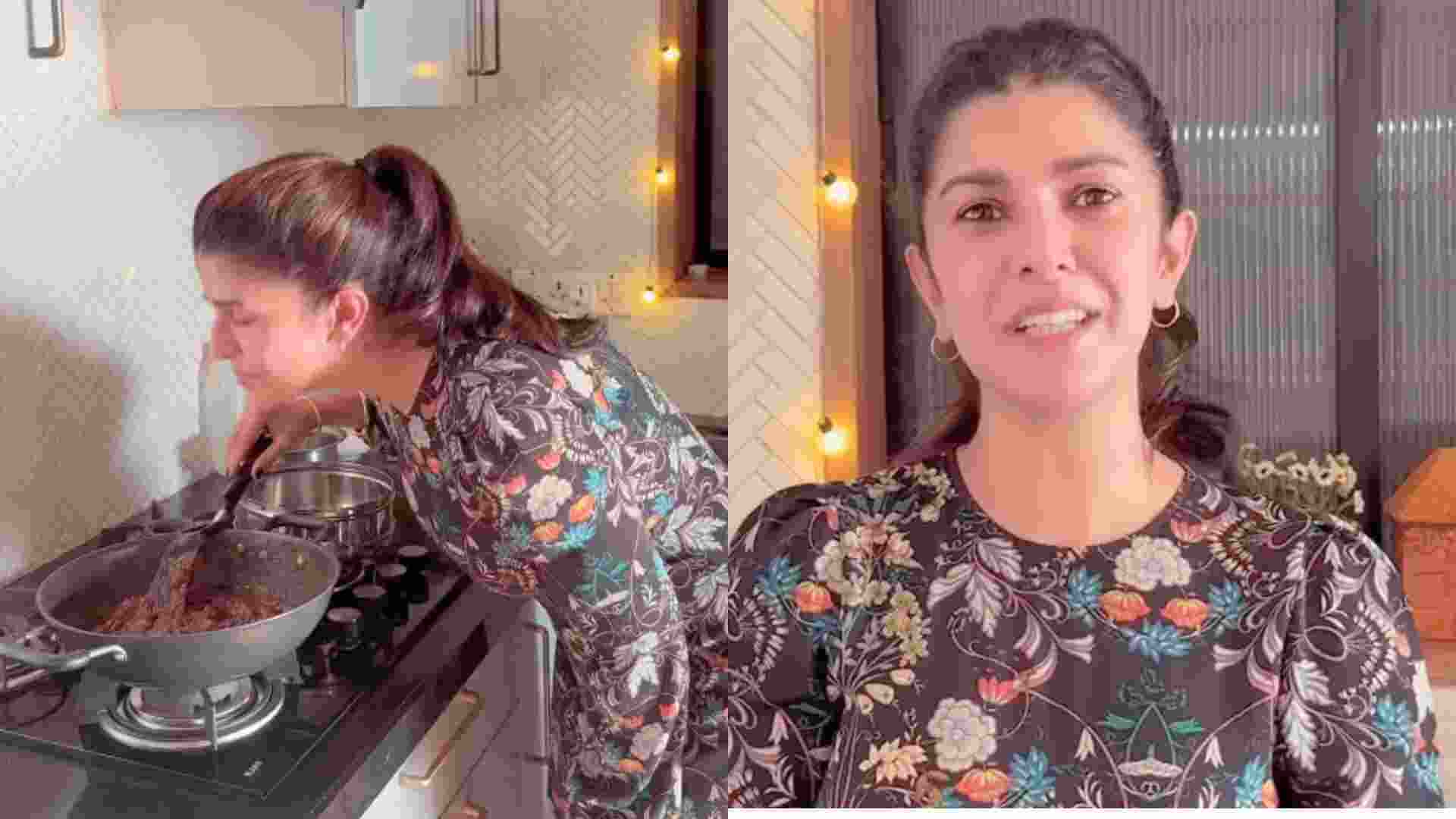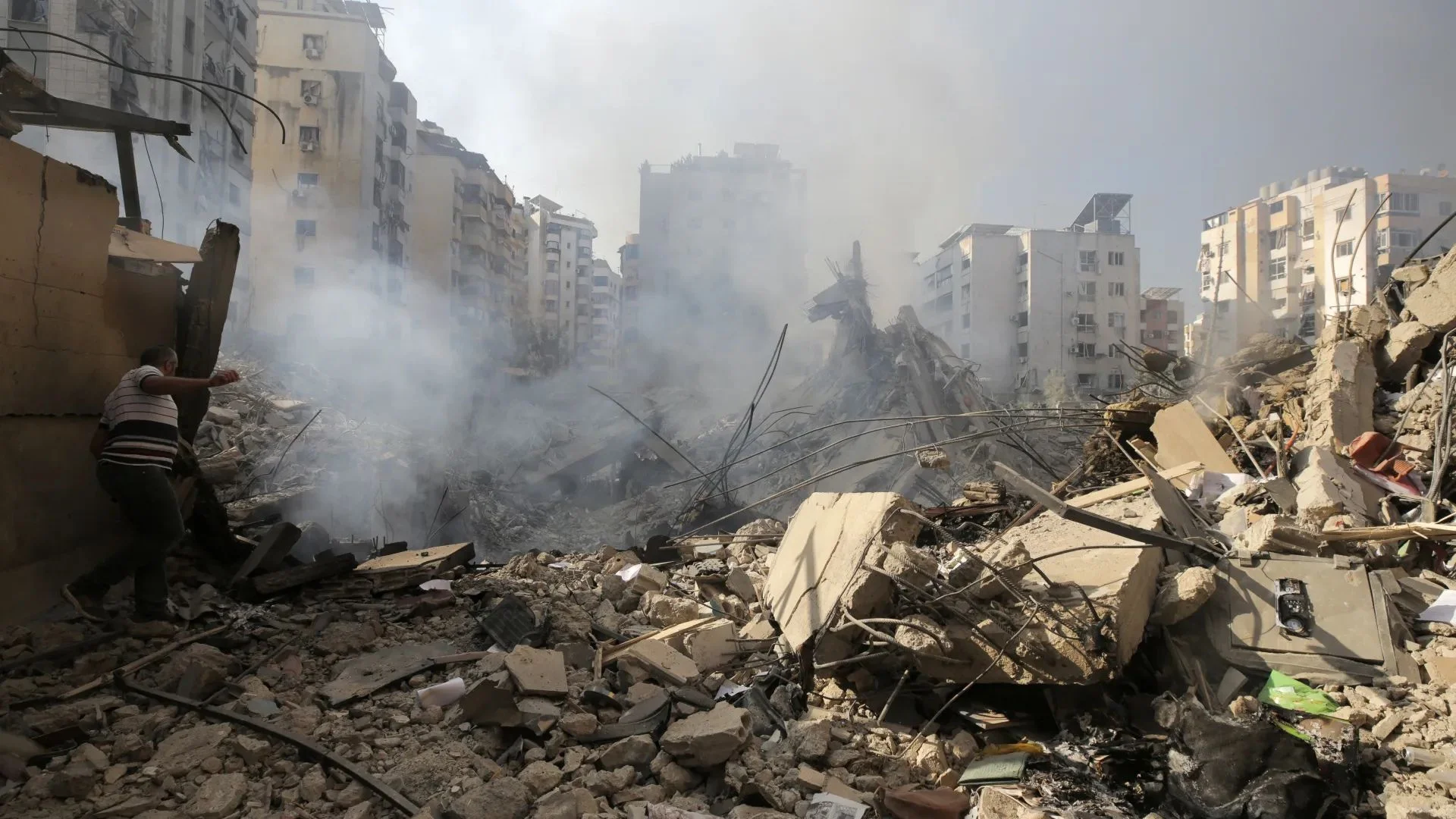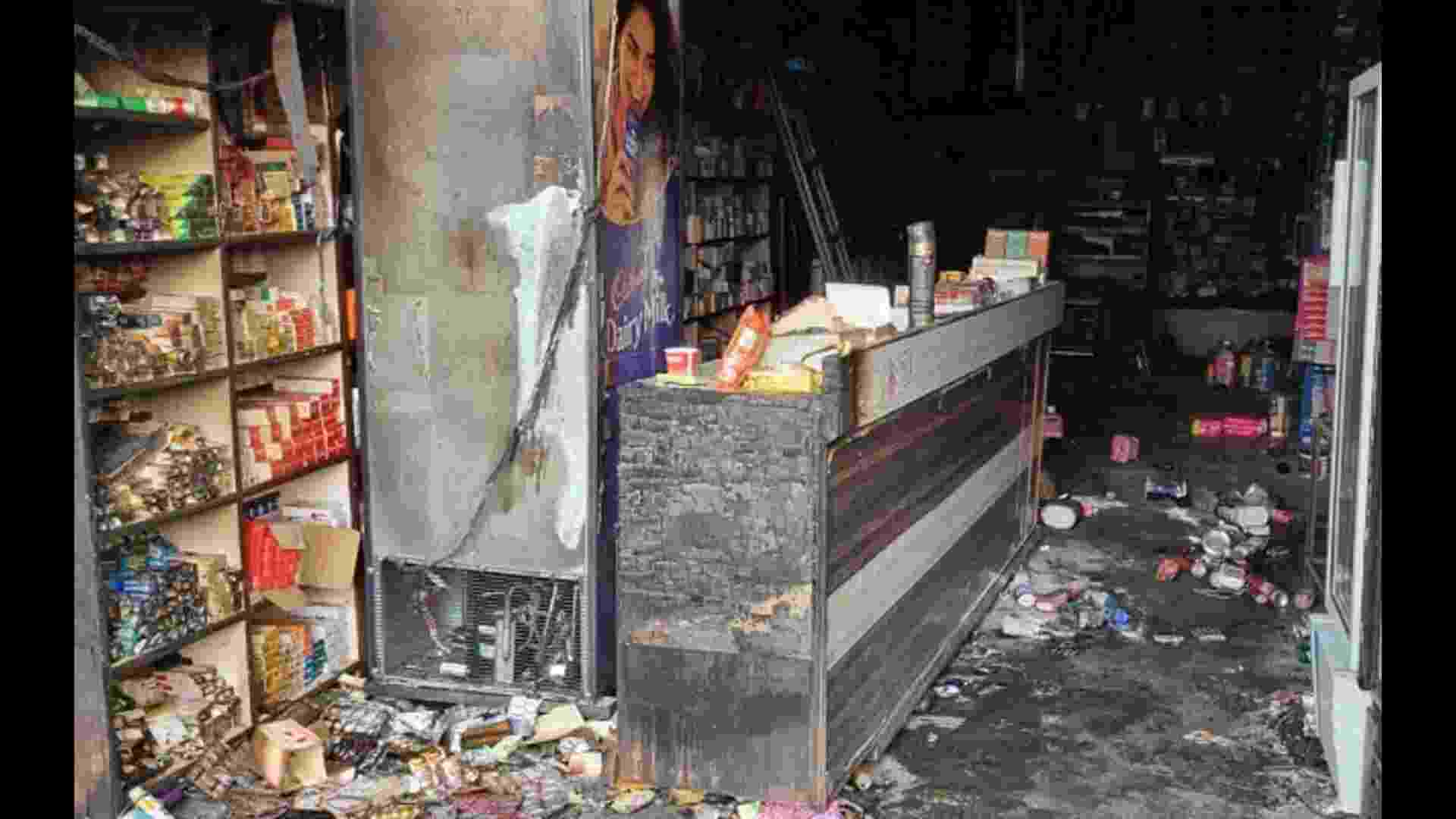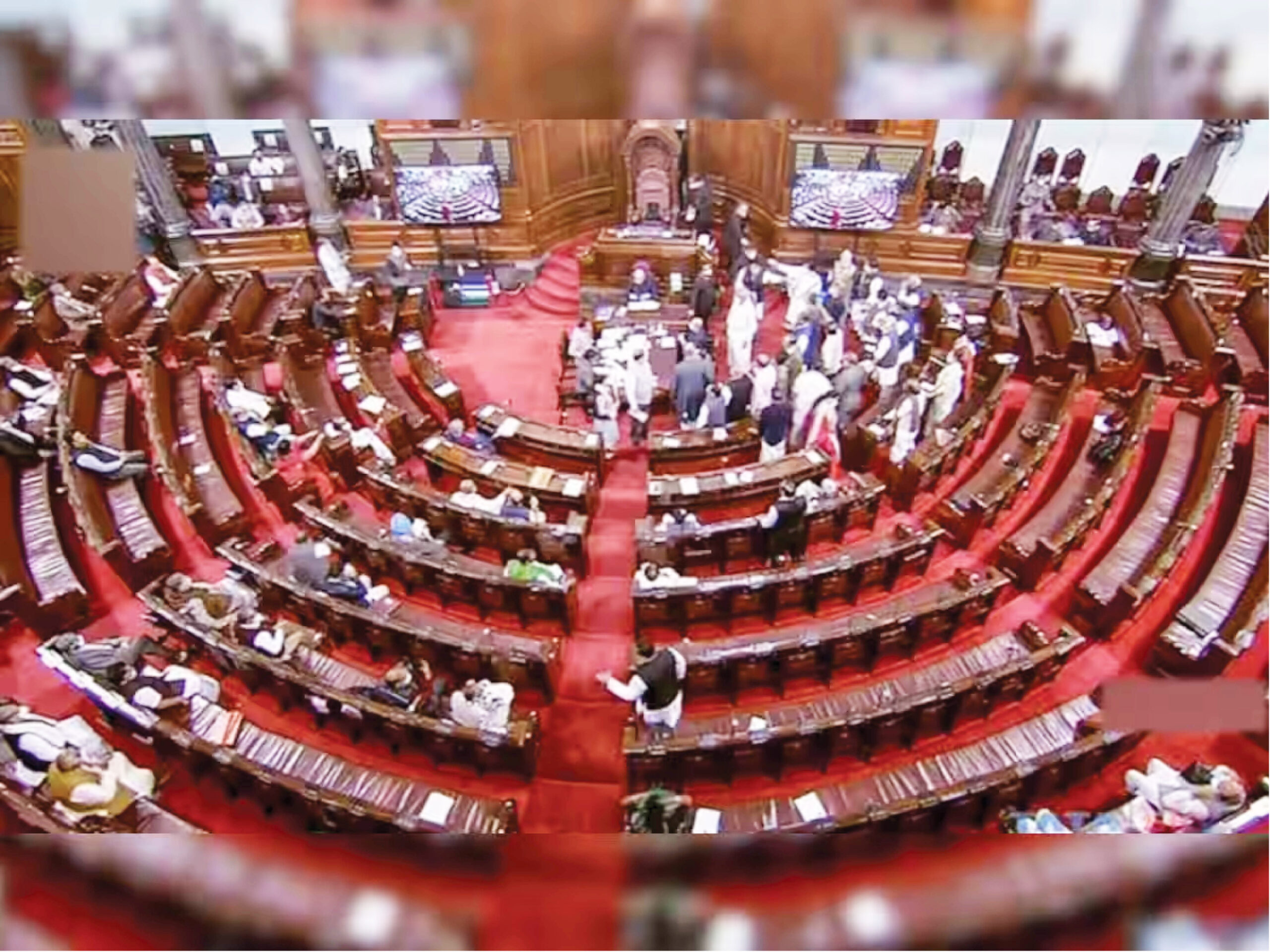
The smooth conduct of Indian elections is a matter of pride for our democracy as well as garners admiration of even developed nations around the globe. In between two elections it is the democratic institutions that navigate the complex governance process to fulfill the development demands of the people.
The Parliament plays a critical role in this regard. The Executive, the opposition and other political parties collectively deliberate, review, and approve legislation and budgets that fuel the work of other institutions. However, in recent decades, there is a rising trend in disruptions in the Parliament that has further intensified over the past few years. The heckling, disruption seen during the Motion of Thanks to the President’s address in the recently-concluded inaugural session of the 18th Lok Sabha was unfortunate and demands serious introspection among parties. Opposing for merely grabbing attention in the media is a disservice to the Parliament as an institution.
The President’s address has had a deep significance to India’s democratic governance since the first time Dr. Rajendra Prasad addressed the Parliament in January 1950. Every President’s address has sought to outline the policy priorities of the government and the broad path for achieving the nation’s longterm goal. Many landmark legislations, policies have first found mention in the President’s address over the years before they were brought before the House in the form of a legislation or budgetary proposal. Therefore, the debate on the President’s address assumes greater significance for the country’s development.
Hence, all parties after every election have not just respected the political mandate but also participated in the debate on the Motion of Thanks to the President’s address with a positive approach.
However, the 18th Lok Sabha saw unfortunate instances of disruption as well as the Opposition party boycotting the Prime Minister’s response to the Motion of Thanks in the Rajya Sabha. Earlier, in the Lok Sabha, the opposition forced the House to adjourn on the first day of the debate. The following day, the Leader of the Opposition insisted that the House take up a discussion on NEET by suspending the debate on the Motion of Thanks to the President’s address. Such a demand can be argued as unreasonable since the time during the debate on the President’s address allows every member to talk about varying issues. And since the President had already made a mention of NEET, the topic was well within the scope of debate in the House. Many members spoke about it in detail too.
It has been a democratic tradition of debate that after all the speeches, the Prime Minister responds to both the Houses of Parliament. These speeches are a platform for the Prime Minister to reply to the issues, criticisms raised by members and lay down the key goals ahead for the Government. During the debate, the Prime Minister was also present to listen to the speech of the Leader of Opposition (LoP) in the Lok Sabha. During the LoP’s address, senior Union Ministers were forced to intervene in underlining the violations of the rules over unsubstantiated allegations in the House. The Speaker too repeatedly quoted the rule prohibiting display of placards and signs but the members in the opposition kept challenging the chair. However, during the Prime Minister’s response, the visuals in the Lok Sabha indicate that there was a direction by the party leadership in the opposition to heckle, disrupt and physically surround the table.
This level of planned disruption is unacceptable. Criticism and debate are part of a Parliamentary system. The government of the day listens to the concerns and issues raised by the members and has a right to respond. The practice of only keeping one end of the bargain by levelling allegations and not allowing someone else to respond is beyond any justification.
A day later, the decision of the opposition to walk out just when the Prime Minister had commenced his reply too was an unfortunate precedent. In the last three instances of debate on the President’s address after the election, the Rajya Sabha has spent over 13 hours in each of these discussions. In this session, the House debated for nearly 21 hours on the President’s address in the Rajya Sabha with participation from 76 members across parties. Despite all these debates, the opposition benches staged a walkout. In August 2023 as well after a debate on the no-confidence motion, the opposition walked out of the Lok Sabha. In another instance during the 17th Lok Sabha, members heckled and disrupted while a routine process ofintroduction of the cabinet to the Parliament.
It appears that the disruption has become endemic to India’s legislature.
In older days, disruption was used as a symbolic tool for dissent but the issues between the treasury benches and opposition were resolved through a series of discussions among key leaders. But in recent years it appears that the intensity of disruption has increased. In recent sessions, the line between disruption and violence has also blurred with some opposition members standing on the table, throwing papers at the Chair, blowing whistles, and holding placards covering the Chair. It appears that disruption has moved beyond the expression of dissent to be the default mechanism to hold the Parliamentary discourse to ransom. The extension of these behaviour in a debate on the President’s address after elections is concerning. There are pressing issues that the citizens expect the Parliament to debate and discuss as opposed to engaging in sloganeering. It is often said that the government proposes, the opposition opposes, and the House disposes. It is time for parties to focus on the debate as the key route for proposing, opposing, and disposing of the business before the House.
Harivansh is the Deputy Chairperson of the Rajya Sabha

